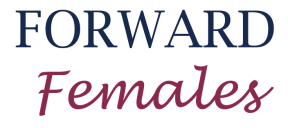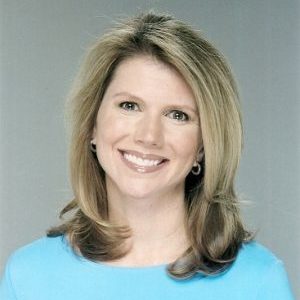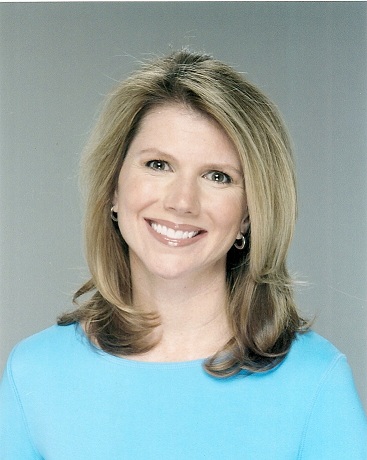
Kellee Joost is a Managing Director at Golden Seeds. Golden Seeds was founded in 2005 and has 275 members across the country. Members have invested more than 80 million dollars in over 76 companies. Golden Seeds invests in three areas: life sciences, consumer products and technology. In order to receive funding, companies must have a woman as part of the leadership team. She doesn’t necessarily need to be the CEO but she has to have a significant stake in the company and be a driving force in the strategy of the company.
What were the key forces that propelled you to where you are today?
I have a diverse background. That comes from a desire to always be learning new things and getting out of my comfort zone. I like change and I like to try new things. I started in government and politics working at the Chamber of Commerce in Washington D.C. Then I moved to Chicago and worked for the Illinois State Medical Society. At this time the technology space was growing and I wanted to try something different. I applied for a job at GolfServe, a startup that provided golf-related web content and e-commerce services.
How did you come to found your own company?
When GolfServ exited I had developed a strong passion for dogs. I had a Newfoundland who needed knee surgery. The surgeon described my dog’s post-operative care and none of it included physical therapy or rehabilitation. The doctor dismissed any treatment besides rest and walks around the block. It didn’t sound right. I met a veterinarian who was doing holistic veterinary medicine. She was doing at-home physical therapy with dogs. I worked with her to help rehabilitate my dog. We went back to the surgeon six weeks later and he was amazed at the strides my dog had made. I teamed up with this veterinarian and another friend of mind to start Integrative Pet Care. It was one of the first veterinary specialty care centers focused on rehabilitation. Starting a company was a great experience and we operated it for about five years and then sold it.
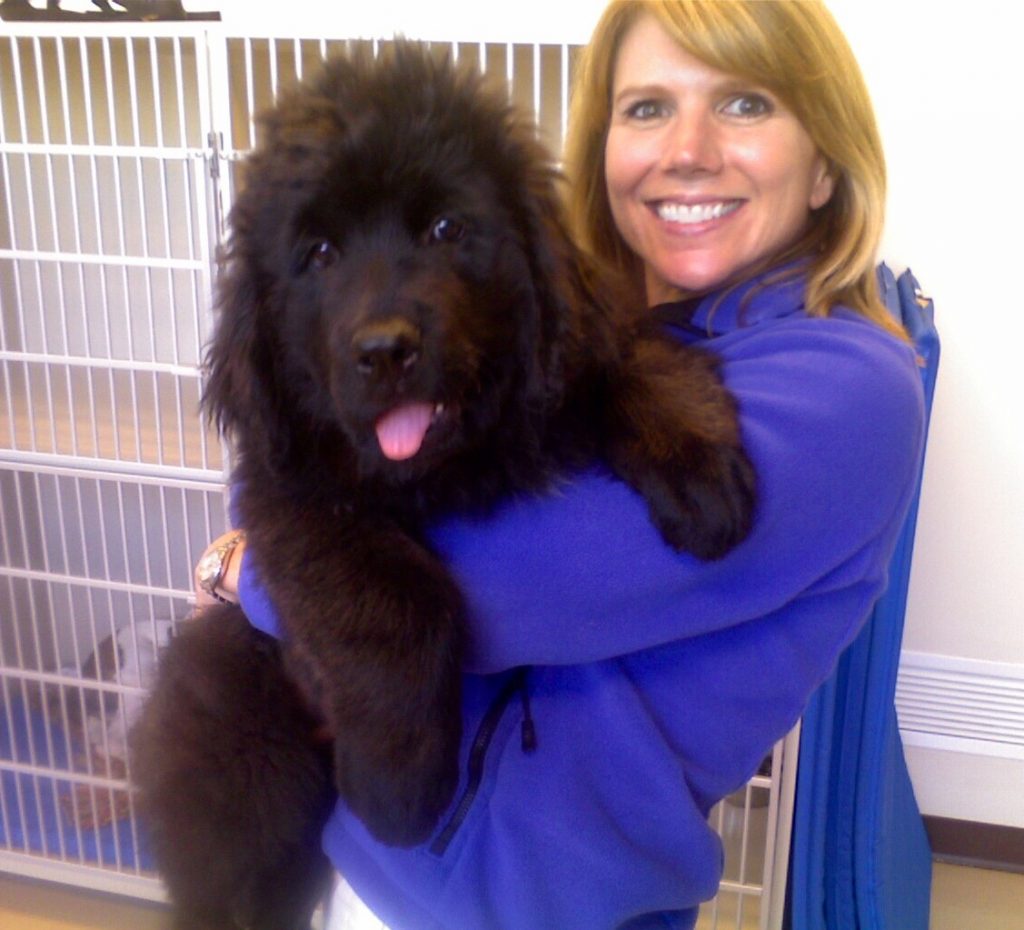
How did you get involved in angel investing?
I moved to New York and wasn’t sure what to do with myself. Through networking, I met the woman who started the Pipeline Fellowship (now called Pipeline Angels). She was starting her second class of Fellows. The Fellowship is a network of new and seasoned women investors interested in supporting women social entrepreneurs. Pipeline Angels holds boot camps and classes for new investors and pitch summits for startups looking for funding. Before learning about Pipeline I never saw myself as an angel investor. I didn’t think angel investors looked like me. I didn’t think there were a lot of women my age. I thought they were older men. I became a Fellow and it was my first glimpse into the opportunity to become part of something bigger. I was able to invest capital in startups and also relay my expertise to help make the journey for entrepreneurs a little easier.
Through the Fellowship, you take courses on evaluating companies, negotiating term sheets, and doing due diligence while you’re also on a parallel track of meeting entrepreneurs, evaluating business plans, hearing pitches and then as a group determining which companies to invest in. All of the companies that were pitching were women-led and social impact for-profit companies.
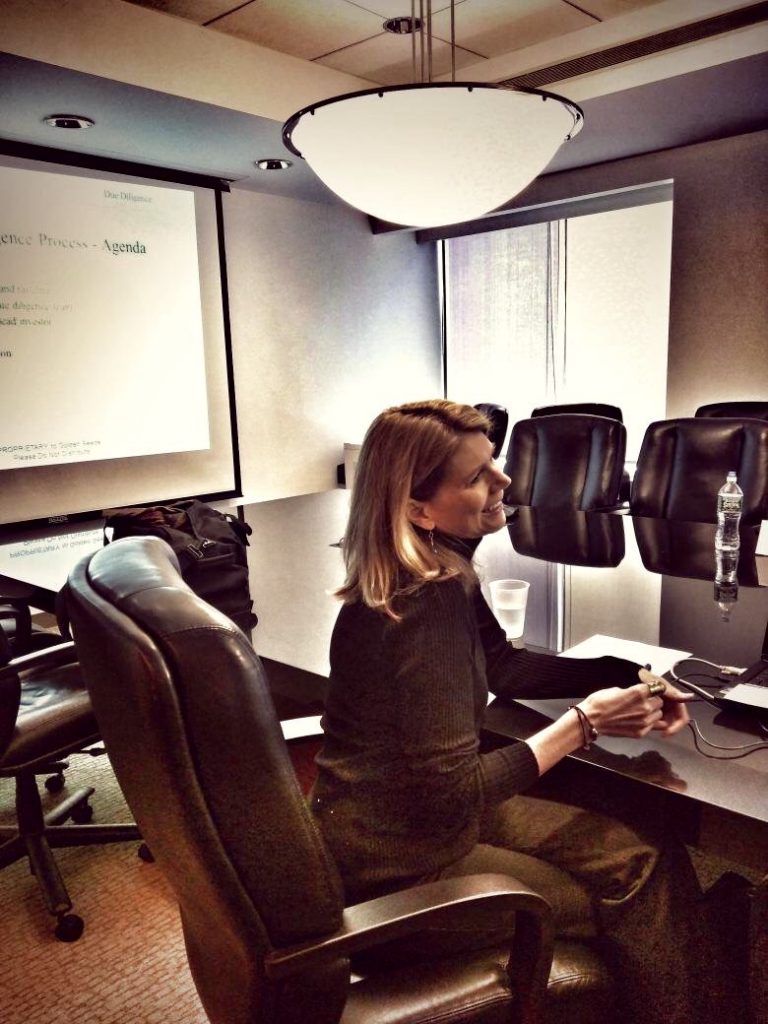
How did the Pipeline Fellowship lead you to become Managing Director at Golden Seeds?
After the Pipeline Fellowship I joined Golden Seeds because I wanted to keep investing through a similar lens. I also sit on the boards of two different companies I have invested in. Members of Golden Seeds, both men and women, work together to screen businesses, do due diligence, invest, give advice, and expand opportunities for women entrepreneurs to get capital. It’s still really challenging for women to raise capital.
Why is it still so difficult for women to raise capital?
The majority of angel investors are men, even though that’s changing. Men invest in what’s familiar to them. There’s a bias. People are more comfortable with people who are similar to them and who look like them. Many women are also starting companies that are mostly consumer products or food related, which can’t scale as rapidly as a Google or Facebook. It’s less attractive to traditional investors who are looking for a significant multiple in what they’re investing in.
At Golden Seeds we think that by having both women and men in the leadership team there’s an even greater opportunity for multiple. But the companies that women lead are “softer” and that’s not attracting the same kind of capital. Or they’re involved in social impact or social mission investing, which aren’t perceived as being as profitable. Even though they could be.
Women also find it harder to ask for money. They don’t always have the confidence to walk into a room filled with 90% men and say, “I’m going to make you rich. Give me $1 million.” They’re more cautious and deferential. And often times if they are bold, people think those women are too pushy and assertive. It’s a catch-22.
Why is it important to specifically invest in women-led businesses? Some argue that highlighting the difference between men and women entrepreneurs actually perpetuates sexism.
It’s important to have both sides of the brain represented in leadership roles. That’s why at Golden Seeds we invest in companies that have women in the leadership and who are not necessarily the CEO. Also because of this unconscious bias that hasn’t leveled yet, it’s important to draw attention to the fact that women are underfunded and don’t have the same opportunities so we can elevate them and get them to a level playing field. If we just keep it as status quo and don’t push for parity we’ll never get there.
What do you look for in a pitch?
I make sure that the entrepreneur can concisely describe the problem, how she’s going to solve it, why it matters, the size of the market and how she’ll make money doing it. At the end of the day, it’s the entrepreneur that needs to execute on everything. The entrepreneur needs to be in it for the long haul. At the end of the day, nothing looks like the entrepreneur originally thought it was going to look.
You sit on the Board of Directors of two social enterprises. What do these companies do?
DayOne Response is a company that develops products for disaster relief in the water and sanitation space. Their inaugural product is a personal water purification system, which consists of a ten-liter backpack that collects, treats and stores water in 30 minutes. They sell to NGOs and the military. They work internationally on the humanitarian side and they work domestically for preparedness. So in California, for example, there are earthquake kits in case the water supply gets contaminated or shut off. DayOne Response was a Pipeline Fellowship investment and that’s how I learned about them and got involved in the Board.
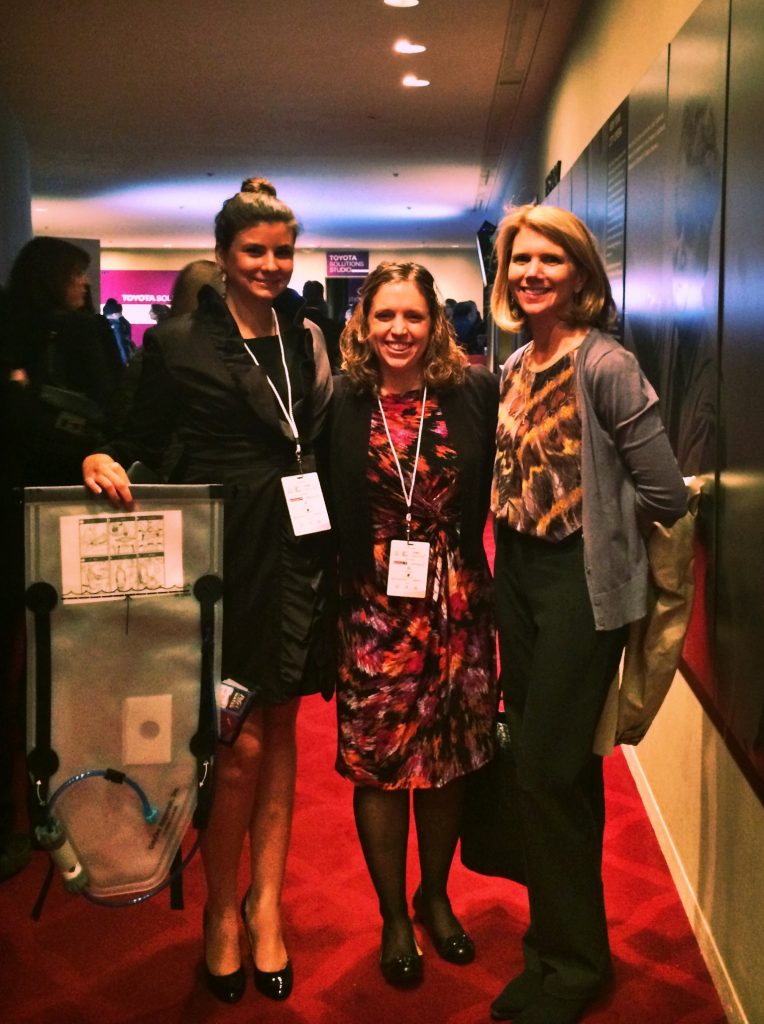
Cissé is a fair trade cocoa company that designs a line of baking mixes and cocoas that has a fully traceable supply chain of cocoa from a cooperative in the Dominican Republic. All of the proceeds go back to the village to build the community. Cissé is a more traditional company that sells to Whole Foods, Stop & Shop and Dean and Deluca. But the social mission of the company is what speaks to me.
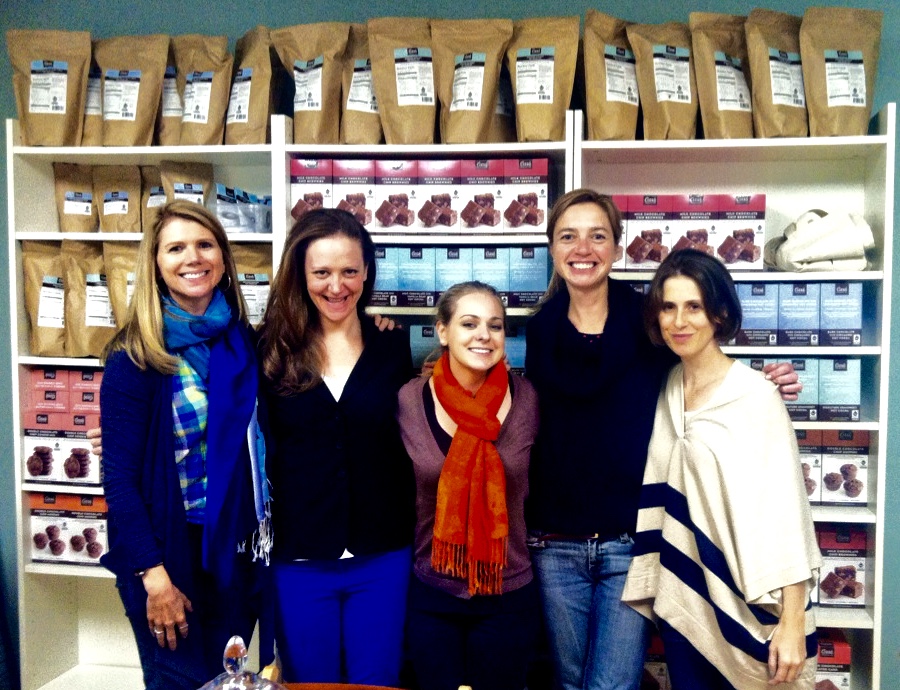
Why did you join the Boards of these two companies?
What drew me to work closer with these two companies were the two strong entrepreneurs. They are the fiercest women I’ve ever met. They are tenacious, smart and great to work with. I get homework assignments from the entrepreneurs: networking, fundraising, strategizing, evaluating their financial models, etc. We work independently and also with fellow board members.
What was your biggest career mistake?
Not listening to my gut. Not paying attention to red flags. I’m better at it now, but I’m still working on trusting my intuition. At heart, I’m an optimistic person and I always think everything is going to work out fine.
What are you most proud of?
Starting my own business with my partners. Employing a great team, creating jobs, and making a difference in our customers’ lives. That was very fulfilling.
What life experience has had the greatest impact on you?
When I was still working for Integrative Pet Care I travelled to South Africa. I was there on vacation but I had the chance to meet with women entrepreneurs who were starting businesses in townships in order to make their lives better. They were providing better lives and better opportunities for their children. It struck me that an entrepreneurial spirit could change a woman’s life, her family’s life and her entire village. To empower women in that way struck me as something that was really important to do. I had a light bulb moment when I was abroad and saw a poverty level beyond anything you’d see in the U.S. and then watching these women take control and make a difference was incredible.
